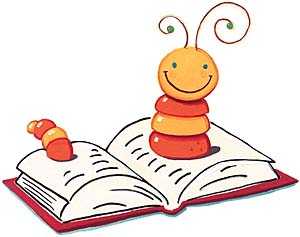Classics: Dragonwings by Laurence Yep
1. Yep, Laurence. (1975). Dragonwings. New York: HarperCollins.
2. Plot Summary: Although Moon Shadow is eight, he has never meet his father. That changes when his father summons him from China to join him in the “demon town” of San Francisco. Moon Shadow begins to love and respect his father, a man of genius, a man with fantastical ideas of flying. Windrider is willing to endure the torment of fellow Chinese, longing for his wife, and poverty to make his dream come true. All the while, Moon Shadow stands by his father’s side.
3. Critical Analysis: Dragonwings, published in 1975, was given the Newberry Honor for exceptional children’s literature. Among other awards, Dragonwings was given: School Library Journal Best Book, Horn Book Award, ALA Notable Children’s Book, and Lewis Carroll Shelf Award. After reading, there is no doubt why this book was so highly acclaimed among literature enthusiasts. Dragonwings bridges many different genres. It could be described as a blend of historical, realistic, and fantasy rolled into one cohesive narrative.
Told from Moon Shadow’s point-of-view, the story really is an account of how life was for Chinese immigrants in the early 1900s. Booklist says, “"A fine, sensitive novel written with grace in a way that conveys the Chinese American's cultural heritage." And, the life that is portrayed is not an easy one. Moon Shadow sees first hand the negativeness of racism. One day while doing his chores, Moon Shadow was walking to the garbage can and a crowd of boys, led by the largest and surliest, surrounds him, “I passed by him, when he kicked me in the backs of my legs. I fell on my back, cracking my head against the ground, the breath driven out of me.” (p. 118)
Although there is plenty of heartache and sadness found in this novel, Yep does a fine job of turning each moment of the book into a living experience. To me, the most drawing theme from this book is the idea that, although we are all different, there are good men and bad men in each culture. Moon Shadow and Wind Rider befriend a “white demoness” named Miss Whitlaw. Miss Whitlaw is a strong woman of good character. In fact, Moon Shadow is convinced she must’ve been a Tang woman in a past life. Miss Whitlaw also befriends the patriarch of the company, Uncle. “I won’t say that Miss Whitlaw and Uncle became the best of friends, but they came to like each other as much as two such different people could.” (p. 244) This relationship shows that there can be a bridge built to cover the distance between two very different cultures.
This book will not touch every reader; however, many children will grow to respect the power found in Yep’s words. The story is eye-opening and beautifully written.


No comments:
Post a Comment